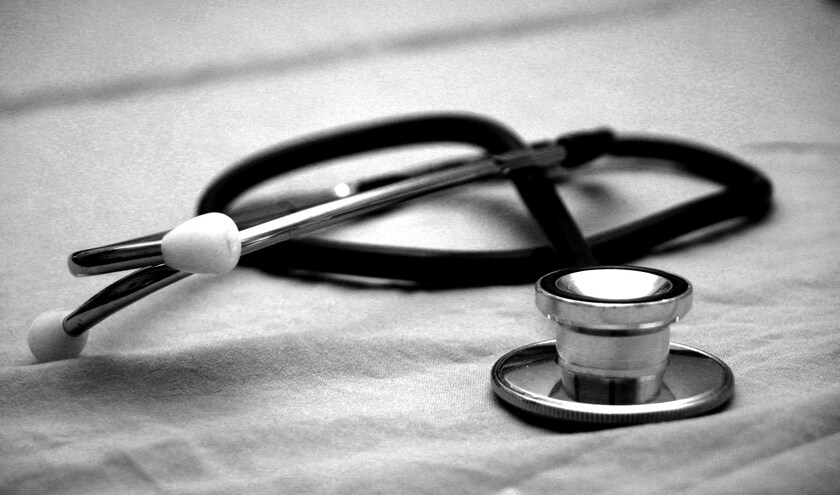The survey by ConfidenceClub found over two-thirds (67.6%) of young adults delayed going to the doctor to help.
Garron Lipschitz, co-founder at ConfidenceClub, said: ‘The findings are clear: embarrassment isn't just an inconvenience, it's a barrier to better health. By understanding how discomfort affects people across all walks of life, we can better support them, challenge the stigma and encourage proactive health management.'
Almost half of participants (49.9%) admitted to delaying help, with the other half (50.1%) saying they had not. Younger people (18-24 year olds) were the most likely to be embarrassed, with over two-thirds (67.6%) admitting to avoiding seeking medical advice.
This gradual decreased with age: 66.4% of those aged 25-34 reported the same, followed by 59.3% for ages 35-44 and 52.3% for ages 45-54. By age 55-64, the figure dropped to 40.6%.
The most resolute age group was the over 65s, with less than a third (32.9%) saying they have avoided seeking medical help due to embarrassment.
Gender was less of a deciding factor, with a small differential of men saying they were more likely than women to delay a visit to the doctor - with 48% of women compared to 51.8% of men.
When discussing intimate details with their doctor, 56.9% reported feeling generally comfortable (14.3% very comfortable & 42.6% comfortable) compared to 43.1% who reported general discomfort (31.4% uncomfortable, 8.3% very uncomfortable and 3.4% who said they do not discuss them at all).
For the respondents who admitted to delaying care due to embarrassment, 11.8% said they delayed for days, 38.5% for weeks, 31.7% for months and 12.8% for years.
People felt most comfortable discussing issues with their partners - 37% replied often/frequently compared to 17.5% who said rarely/never.
People felt less comfortable with family - with 21.7% replying often/frequently compared to 46% who said rarely/never.
Finally, people were least likely to confide in their friends - with 16.6% saying often/frequently compared to 49% who said rarely/never.



